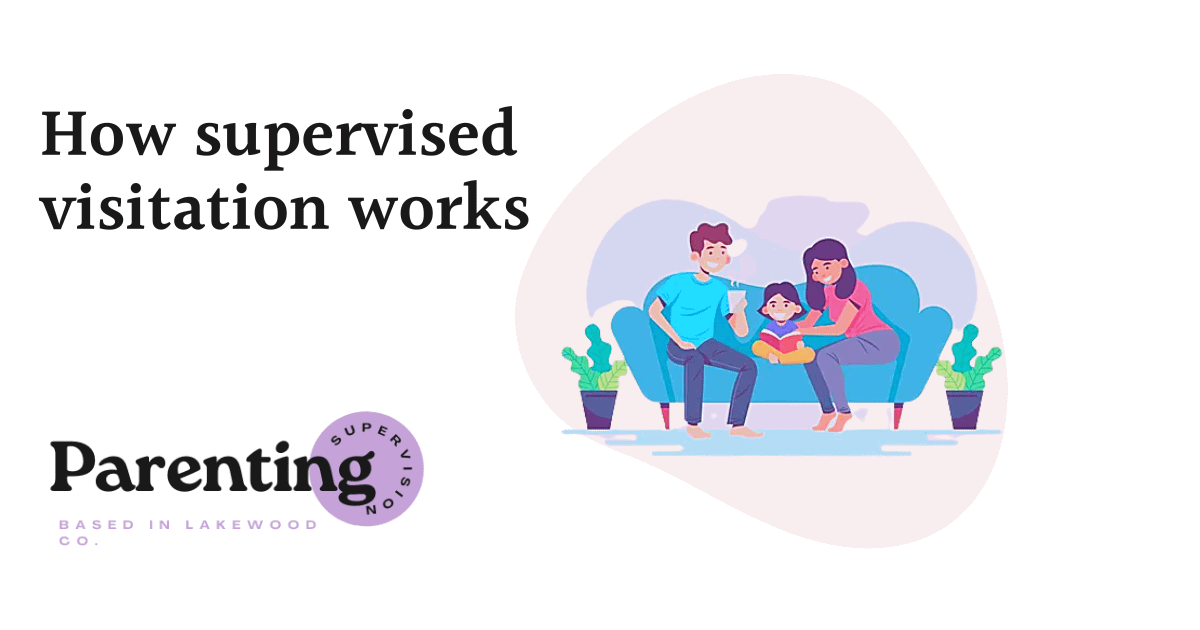While obtaining my BA in Behavioral Sciences I always knew I wanted to work with children. I wanted to use my child advocacy knowledge in a setting where children had the right to be heard and protected without fear. Below is a brief introduction to what supervised visits are all about.
A referral or a court order is not required to participate. The visit may take place at the parent’s home or out in the community. Sometimes visits may have to occur in a restricted visitation facility. Supervised visitation usually is set for a temporary length of time, and sometimes it can be ordered indefinitely.
The judge may assign a social worker or a similar person to accompany the child to the noncustodial parent’s home (or other designated location). The designated monitor will stay with the child for the entire visit and return the child to the custodial parent.
Supervised parenting time allows children and parents to see one another in a structured and safe way while the neutral visitation provider is present to observe and make notes.
Supervisors remain neutral, allow parental autonomy, and provide interventions when safety concerns arise. Being neutral does not mean supervisors disregard behaviors such as abuse or violence of any kind. During the visits, the supervisors remain with the family through their journey and must be able to observe and hear all conversations at all times.
Often, supervised visitation is a temporary arrangement that can lead to unsupervised visitation if the noncustodial parent meets certain requirements. For example, the noncustodial parent may need to have six months of clean drug tests, seek counseling, or complete an anger management class in order to be awarded unsupervised visits.
Supervised visits are intended for what is in the best interest of the child.
If we don’t stand up for children, then we don’t stand for much.

